Parliament
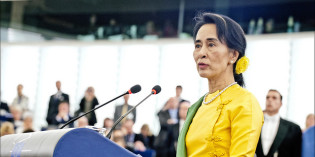
Answers to the Western democratic malaise may come from unexpected places
Tamas Wells writes that most of the solutions proposed to the current malaise of liberal democracy are drawn from the Western canon of political thought and questions whether the very nature of ‘established’ democracies challenges their ability to innovate. In this light, he suggests there could be lessons for the West from places like Myanmar […]
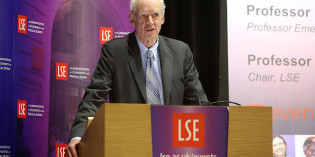
Five minutes with Charles Taylor: “In order to make ourselves safe we need to resist stigmatising sections of the population”
In December, the Canadian philosopher Professor Charles Taylor gave a lecture at LSE entitled Democracy, Diversity, Religion. During his visit, Democratic Audit’s Sonali Campion spoke to him about democracy’s inbuilt weaknesses, and how European governments need to resist veering towards exclusion in responding to the challenges posed by the Paris attacks and ISIS. Professor Charles Taylor speaking at […]

The nonreligious are a hidden majority in Britain
Filling out all sorts of forms often and increasingly includes the disclosure of faith, under which the option ‘none’ frequently appears. Yet it is unclear how homogenous the beliefs of those who comprise the category are, while the term ‘nonreligious’ is often equated with established atheist views. Lois Lee explains that this lack of understanding […]
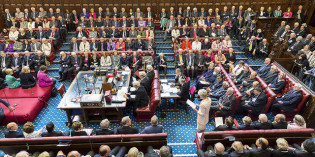
The Strathclyde recommendations, if implemented, could give rise to a de facto form of unicameralism
On 17 December, the government published a review by Lord Strathclyde on secondary legislation and the relationship between the House of Lords and the House of Commons. If the recommendations were implemented the House of Lords would lose its power to veto statutory instruments. Mark Elliott outlines three salient matters pertaining to statutory instruments, and, in the […]
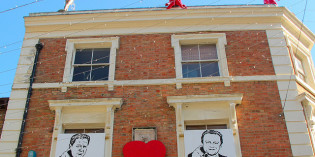
As the current parliament progresses, the dissonance between constitutional norms and governing reality may prove too great to ignore
This May’s General Election saw the end of the first full coalition in post-war British politics, between the Conservatives and the Liberal Democrats. The partnership brought together two parties with distinct constitutional philosophies, and entailed a trade-off between principle and pragmatism which saw the latter’s electoral evisceration. Felicity Matthews looks both backwards over the last five […]

Twelve recommendations to strengthen public engagement by Commons committees
Since the Wright reforms which strengthened the independence of select committees against the government and party front benches were implemented, committees have improved their visibility and policy impact. Here, Ian Marsh reports 12 recommendations to strengthen the public engagement by committees to improve their impact and visibility further. Similar PostsParliamentary committees could hold the answer […]

Book Review: Making British Law: Committees in Action by Louise Thompson
In Making British Law: Committees in Action, Louise Thompson presents a history and statistical analysis of the work of bill committees – formerly known as standing committees – and their influence over the process of making British law. Thompson offers a well-evidenced argument that goes beyond the statistics to persuasively account for the role and importance […]
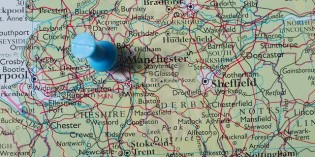
Current proposals for English devolution are characterised by democratic, constitutional, financial and strategic deficits
The issue of devolution is squarely on the agenda. Yet despite appearing to have obtained the coveted policy position of a principle without political enemies, the devolution mission itself is not guided by any clear principles, writes Bob Hudson. Instead, actions have been tactical rather than strategic, while current proposals are characterised by democratic, constitutional, […]
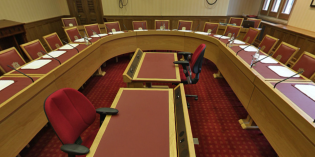
Select Committees are engaging better than ever before, but while much as been accomplished, much more remains possible
Select Committees in the UK Parliament have become more powerful over the last five years or so since the implementation of the Wright Commission reforms, which allowed for – amongst other things – the election by the whole House of Commons of members and chairs. Here, Ian Marsh looks at the outreach of the committees […]

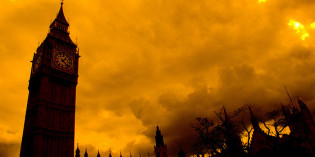

 Democratic Audit's core funding is provided by the Joseph Rowntree Charitable Trust. Additional funding is provided by the London School of Economics.
Democratic Audit's core funding is provided by the Joseph Rowntree Charitable Trust. Additional funding is provided by the London School of Economics.